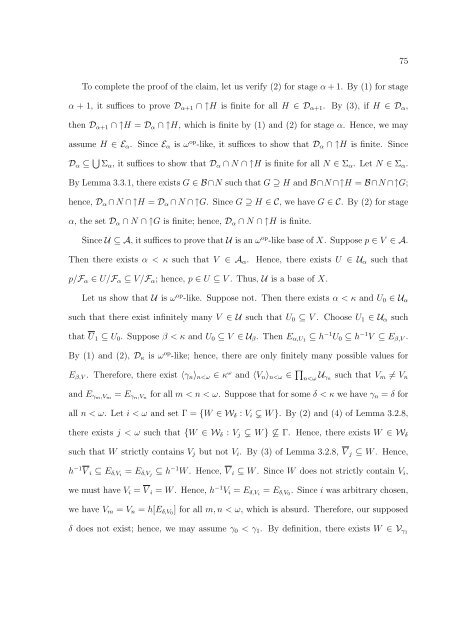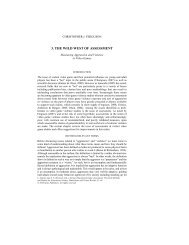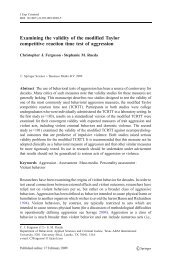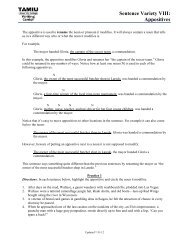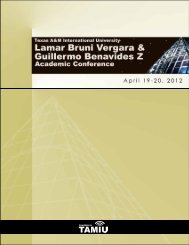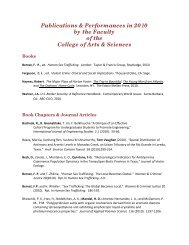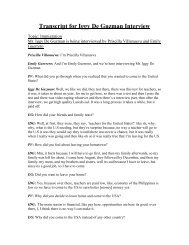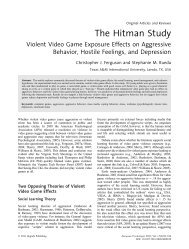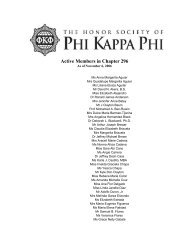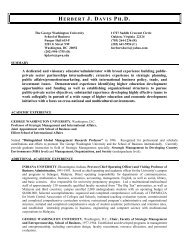ORDER-THEORETIC INVARIANTS IN SET-THEORETIC TOPOLOGY
ORDER-THEORETIC INVARIANTS IN SET-THEORETIC TOPOLOGY
ORDER-THEORETIC INVARIANTS IN SET-THEORETIC TOPOLOGY
You also want an ePaper? Increase the reach of your titles
YUMPU automatically turns print PDFs into web optimized ePapers that Google loves.
To complete the proof of the claim, let us verify (2) for stage α + 1. By (1) for stage<br />
α + 1, it suffices to prove Dα+1 ∩ ↑H is finite for all H ∈ Dα+1. By (3), if H ∈ Dα,<br />
then Dα+1 ∩ ↑H = Dα ∩ ↑H, which is finite by (1) and (2) for stage α. Hence, we may<br />
assume H ∈ Eα. Since Eα is ω op -like, it suffices to show that Dα ∩ ↑H is finite. Since<br />
Dα ⊆ Σα, it suffices to show that Dα ∩ N ∩ ↑H is finite for all N ∈ Σα. Let N ∈ Σα.<br />
By Lemma 3.3.1, there exists G ∈ B∩N such that G ⊇ H and B∩N ∩↑H = B∩N ∩↑G;<br />
hence, Dα ∩ N ∩ ↑H = Dα ∩ N ∩ ↑G. Since G ⊇ H ∈ C, we have G ∈ C. By (2) for stage<br />
α, the set Dα ∩ N ∩ ↑G is finite; hence, Dα ∩ N ∩ ↑H is finite.<br />
Since U ⊆ A, it suffices to prove that U is an ω op -like base of X. Suppose p ∈ V ∈ A.<br />
Then there exists α < κ such that V ∈ Aα. Hence, there exists U ∈ Uα such that<br />
p/Fα ∈ U/Fα ⊆ V/Fα; hence, p ∈ U ⊆ V . Thus, U is a base of X.<br />
Let us show that U is ω op -like. Suppose not. Then there exists α < κ and U0 ∈ Uα<br />
such that there exist infinitely many V ∈ U such that U0 ⊆ V . Choose U1 ∈ Uα such<br />
that U 1 ⊆ U0. Suppose β < κ and U0 ⊆ V ∈ Uβ. Then Eα,U1 ⊆ h −1 U0 ⊆ h −1 V ⊆ Eβ,V .<br />
By (1) and (2), Dκ is ω op -like; hence, there are only finitely many possible values for<br />
Eβ,V . Therefore, there exist 〈γn〉n


